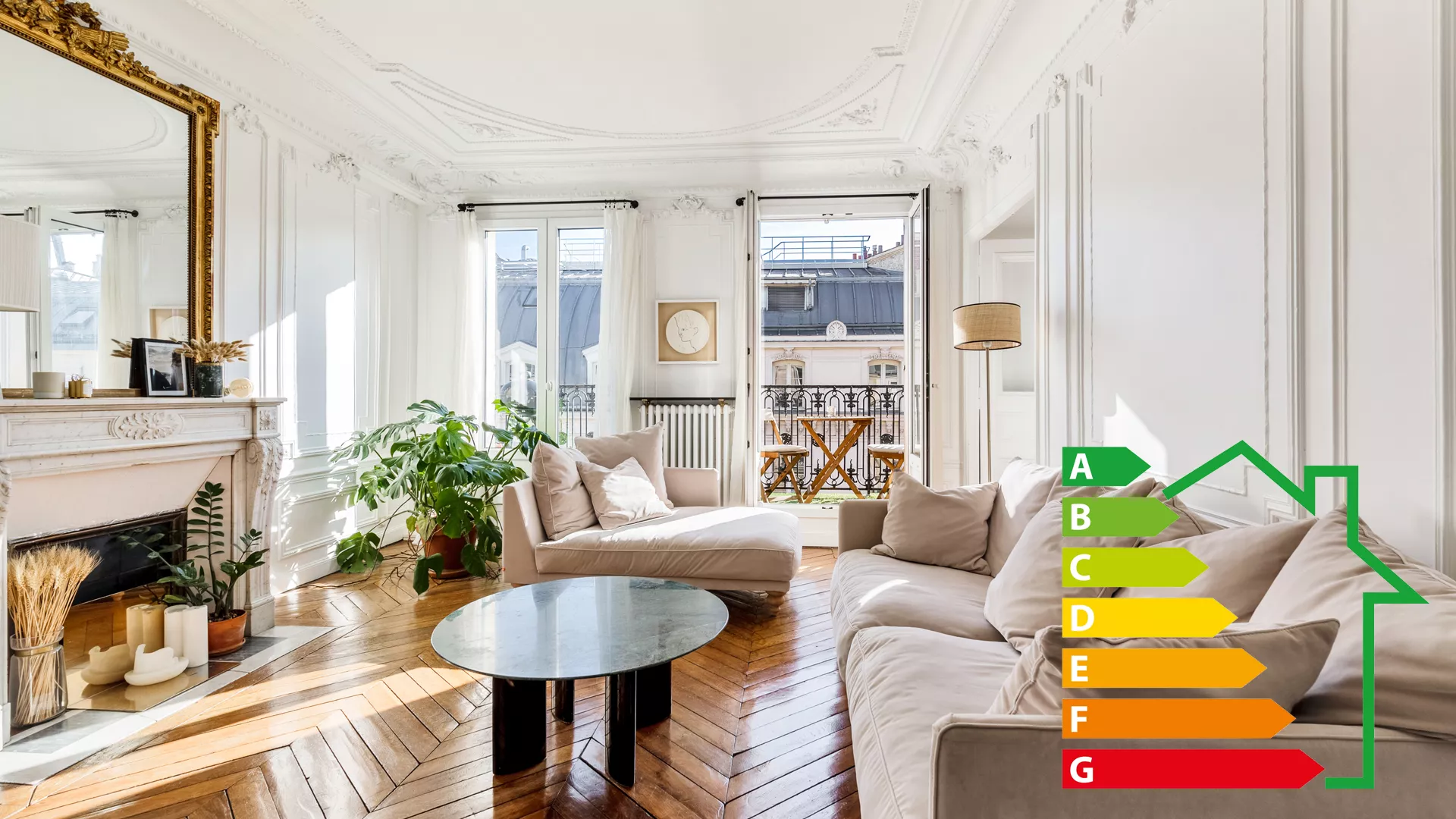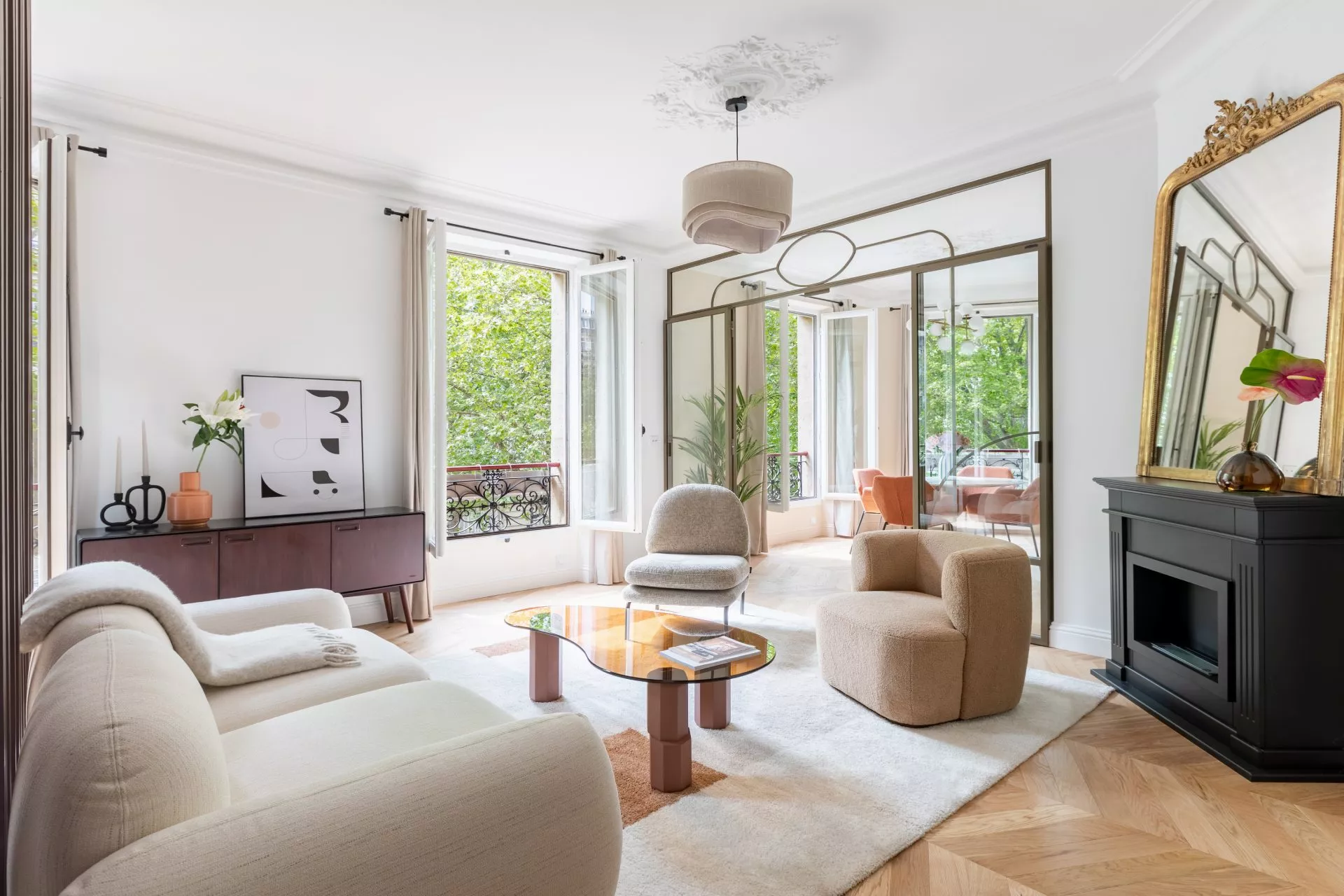What is rental under Civil Code lease?
The Civil Code lease differs from other leases because it concerns company housing and secondary residences. Here is an overview of its definition and its main modalities.
Les principaux points à retenir
• Flexibilité contractuelle : Le bail Code civil offre une grande liberté sur la durée, le loyer, les conditions de résiliation et le dépôt de garantie, adapté aux besoins spécifiques des propriétaires et locataires.
• Biens concernés : Idéal pour des logements de fonction, résidences secondaires ou biens d’exception, souvent meublés, rénovés, et situés dans des quartiers prisés.
• Avantages pour les propriétaires : Fixation libre des loyers, sans plafonds imposés par la législation classique, maximisation des revenus locatifs, et sécurité renforcée grâce à la solvabilité des entreprises locataires.
• Conditions essentielles : Rédiger un contrat clair, détaillant la description des lieux, l’usage prévu, les charges récupérables, et les modalités de résiliation pour éviter tout litige.
What is a Civil Code lease?
It is the status of the lessee which will determine the legal form of the lease. Indeed, if the tenant is a company wishing to accommodate its employees, then it will be a Civil Code lease for residential use. The same goes for the tenant, a natural person, who wants a second home, a pied-à-terre.
Unlike residential leases for the main residence or professionals, the Civil Code lease offers contractual freedom to the parties, it allows the parties to freely determine its content, subject to not including unfair clauses. Governed by articles 1713 et seq. of the civil code, it allows flexibility in the duration of the lease, the setting of the amount of the rent, the security deposit and the conditions of termination in particular.
What are the accommodation concerned?
Given its use, this type of lease is intended for a demanding and often international clientele accustomed to a high level of services. Consequently, the accommodation covered by this type of lease most often includes renovated, turnkey high-end properties, offering quality services and located in popular neighborhoods.
Prendre rendez-vous pour estimer mon bienWhat are the advantages of real estate rental under Civil Code lease?
For businesses, the Civil Code lease is an ideal solution. The properties offered are ideally located, furnished and renovated, which makes it possible to quickly respond to the housing needs of mobile employees or expatriate executives. Companies can thus adapt the terms of the contract to the specific situations of their employees.
For owners, this type of lease allows them to freely set the rent, without being subject to the rent control imposed by the legislation on traditional residential leases, particularly in tense areas such as Paris, Lille or Bordeaux. This allows them to adapt to the realities of the real estate market and maximize their rental income. In addition, renting your property to a company is the guarantee of a qualified clientele, unparalleled payment security thanks to the financial solvency inherent to the company and a restoration of the accommodation ensured by it.
What are the terms of the Civil Code lease?
When drafting a Civil Code lease, it is essential to include clear and precise clauses to avoid any dispute. Here are some things to consider:
• Detailed description of the premises : include an exhaustive description of the premises and their equipment.
• Use of premises : specify the intended use (secondary residence, association premises, etc.)
• The amount of the rent : no law defines the amount of the rent in this type of lease, thus making it possible to freely set the amount, without conditions or imposed rent ceilings. However, the conditions for rent review should be clearly defined to avoid any ambiguity.
• The various rental charges : The tenant must bear various rental charges in addition to the rent. These charges include recoverable costs such as electricity, gas, and various taxes. As in a traditional lease, they must be specifically detailed in the contract.
• Termination conditions : specify the termination terms for both parties, including the length of notice.
En savoir plus sur la mise en location avec JunotWhat you must remember of the Civil Code lease
Although the Civil Code lease seems to be an advantageous solution, this type of lease requires real expertise to be drafted correctly and thus protect both the owner and the tenant. At Junot Rental & Management, our trained teams support you at every stage of the process, from selecting the ideal tenant to drafting the contract, then daily management, including legal and administrative aspects.




